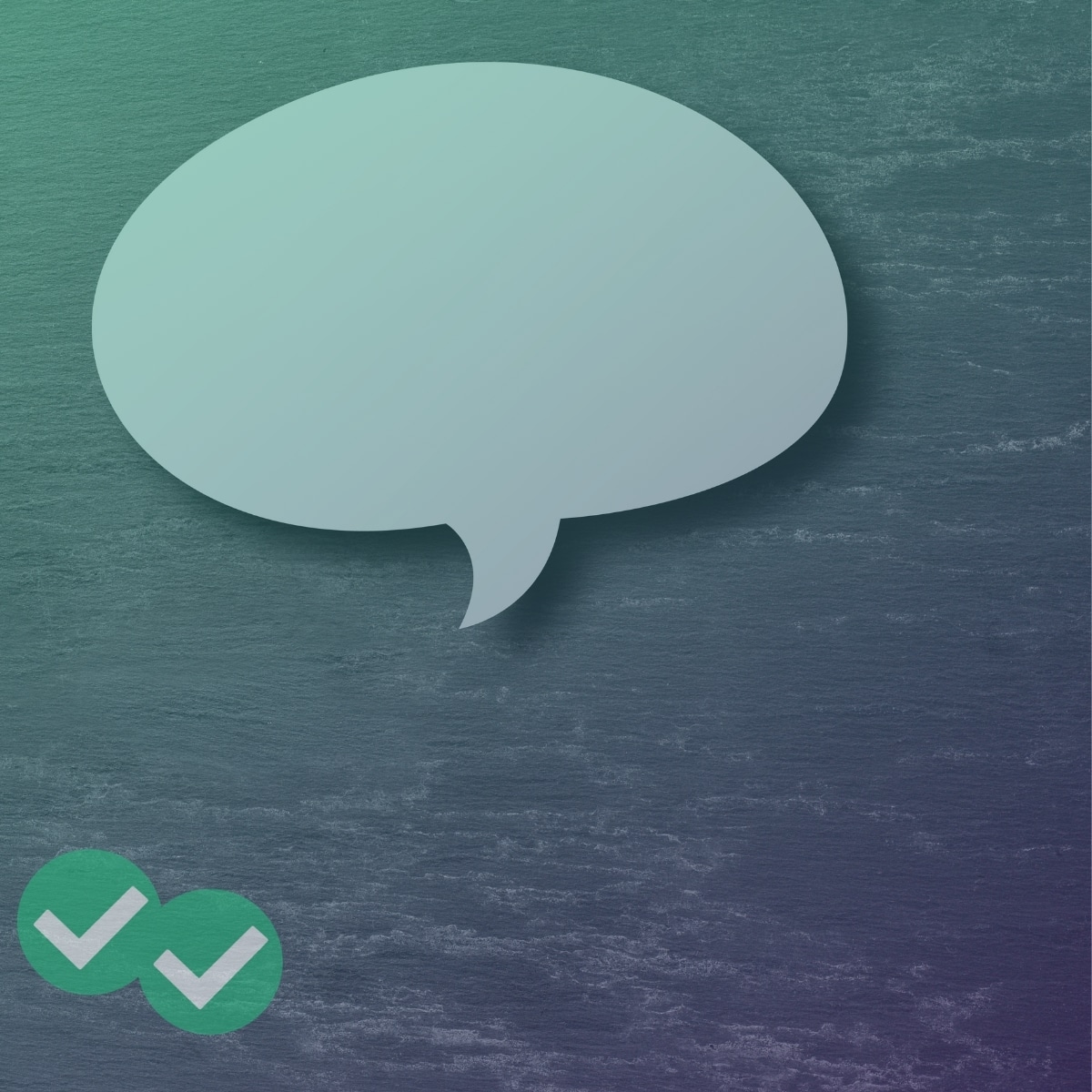Formal and informal language refers to using different forms of language in different settings. For example, in speaking, talking to a client is different from talking to parents. In writing, writing an academic essay is different from writing a letter to a close friend. Using the correct form of language is essential for getting a high score in the writing section. Let’s take a look at the common situations and several main differences of formal and informal writing in the IELTS! (And for a broader guide to both tasks and to the entire section, click here for the Magoosh Complete Guide to IELTS Writing.)

Main Differences
Formal writing: no contractions
In informal writing, you can use contractions such as I’ll and can’t. In formal writing, you should write I will and can not.
Words and expressions

Formal writing: no exclamation mark
Do not use exclamation mark in formal writing, but you can use it in informal writing.
Sentences
In formal writing, sentences are long and complicated. In informal writing, sentences are short and simple.
Letter format
Formal letters begin with Dear Sir or Madam and end with Yours faithfully + full name.
Informal letters begin with Dear + first name of the receiver and end with Best wishes/regards + your first name.
Common situations
Graphs
In IELTS Academic Writing task 1, no matter which kind of graph you need to describe, you should always use the formal language. Check out our post on IELTS writing topics to learn the typical questions in this part.
Essays
You should use formal language in both IELTS Academic writing task 2 and General Training writing task 2. Check out our post on past IELTS essay questions to learn common questions in IELTS Academic writing task 2. General Training essay questions are similar to them. Here are two past IELTS General Training task 2 questions.
1. Some people think young people are suitable for learning foreign languages while other people think adults are more suitable. Discuss both these points of view and give your opinion.
2. Schools do not do enough to teach young people how to look after their
health. To what extent do you agree or disagree?
Letters
IELTS General Training task one asks candidates to write a letter based on a given situation. You need to read the questions carefully and then ask yourself: Is it a formal situation or an informal situation? Here are two examples.
1.Write a letter to invite your friend to a music concert. You should write:
What the content of the music concert is.
Where and when the music concert.
Why you think your friend will go to this concert.
Write at least 150 words.
2. You saw an advertisement about a project which will help protect the environment. Write a letter to the organizer. Tell him/her:
Why you are interested.
What you can do to help them.
When you can help.
Write at least 150 words.
You can use some informal words or expressions when writing an invitation to a friend because that is someone you know. However, you should use formal language and format when writing to a project organizer.





